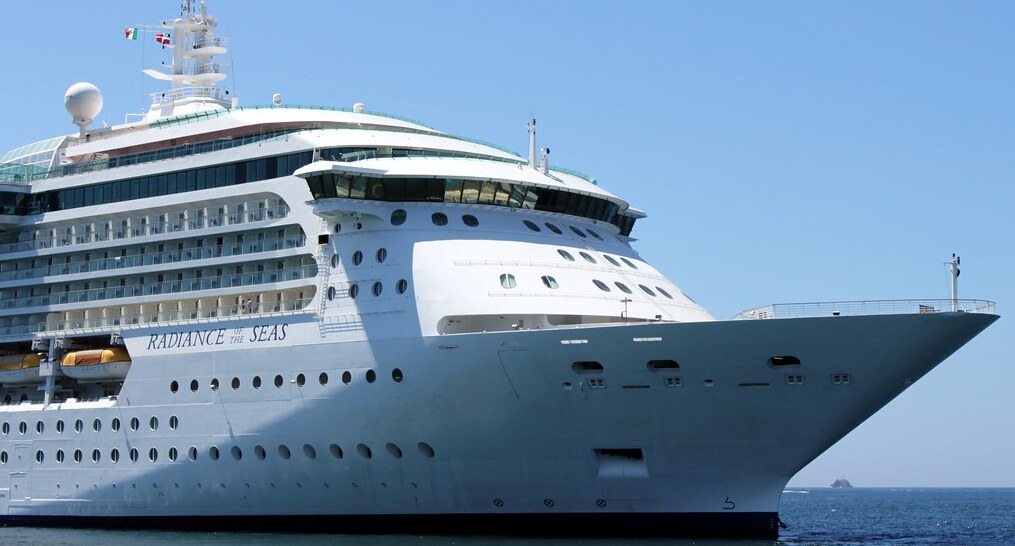Miami.- In recent weeks, the centers for disease control and prevention (CDC) have been closely monitoring several outbreaks of gastrointestinal diseases associated with a virus on cruises that leave Florida, according to local media.
One of the most recent incidentsIt is involved to the Radiance of the Seas of Royal Caribbean, who sailed from Tampa on February 4, 2025. During his journey through the Western Caribbean, 89 of the 2,164 passengers and 2 of the 910 crew members presented symptoms such as vomiting and diarrhea.
Although the exact cause of the disease has not yet been determined, Norovirus is a common cause of this type of cruise shoots.
In response to this outbreak, the Radiance of the Seas crew implemented control measures, including the isolation of the affected passengers, the collection of samples for analysis and reinforcement of the cleaning and disinfection procedures on board.
CDC, through their vessel sanitation program, are supervising the situation remotely and collaborating with the cruise line to contain the spread of the disease.
This incident adds to other recent sprouts in cruises. For example, the Rotterdam ship of Holland America Line, which started from Port Everglades on February 2, 2025, reported that 107 of its 2,614 passengers and 12 of its 969 crew members experienced similar symptoms, which were attributed to Norovirus. This outbreak represents the fourth incident associated with the virus so far this year.
What should you know about Norovirus?
Norovirus is highly contagious and is mainly transmitted through direct contact with an infected person, contaminated food or water consumption, or by touching contaminated surfaces and then putting your hands in your mouth.
Symptoms usually include nausea, vomiting, diarrhea and abdominal pain, and generally appear between 12 and 48 hours after exposure to virus. Although most people recover in one or three days, the disease can be more serious in young children, elders and people with weakened immune systems.
The lines of Cruisesin collaboration with the health authorities, they have established strict protocols to prevent and manage outbreaks of on -board diseases. These measures include the training of hygiene practices, the implementation of rigorous cleaning and disinfection procedures, and the promotion of hygiene practices among passengers, such as frequent handwashing and immediate notification of any symptom of gastrointestinal disease.
Despite these efforts, the closed nature and the high density of the cruise ships can facilitate the spread of contagious diseases.

















